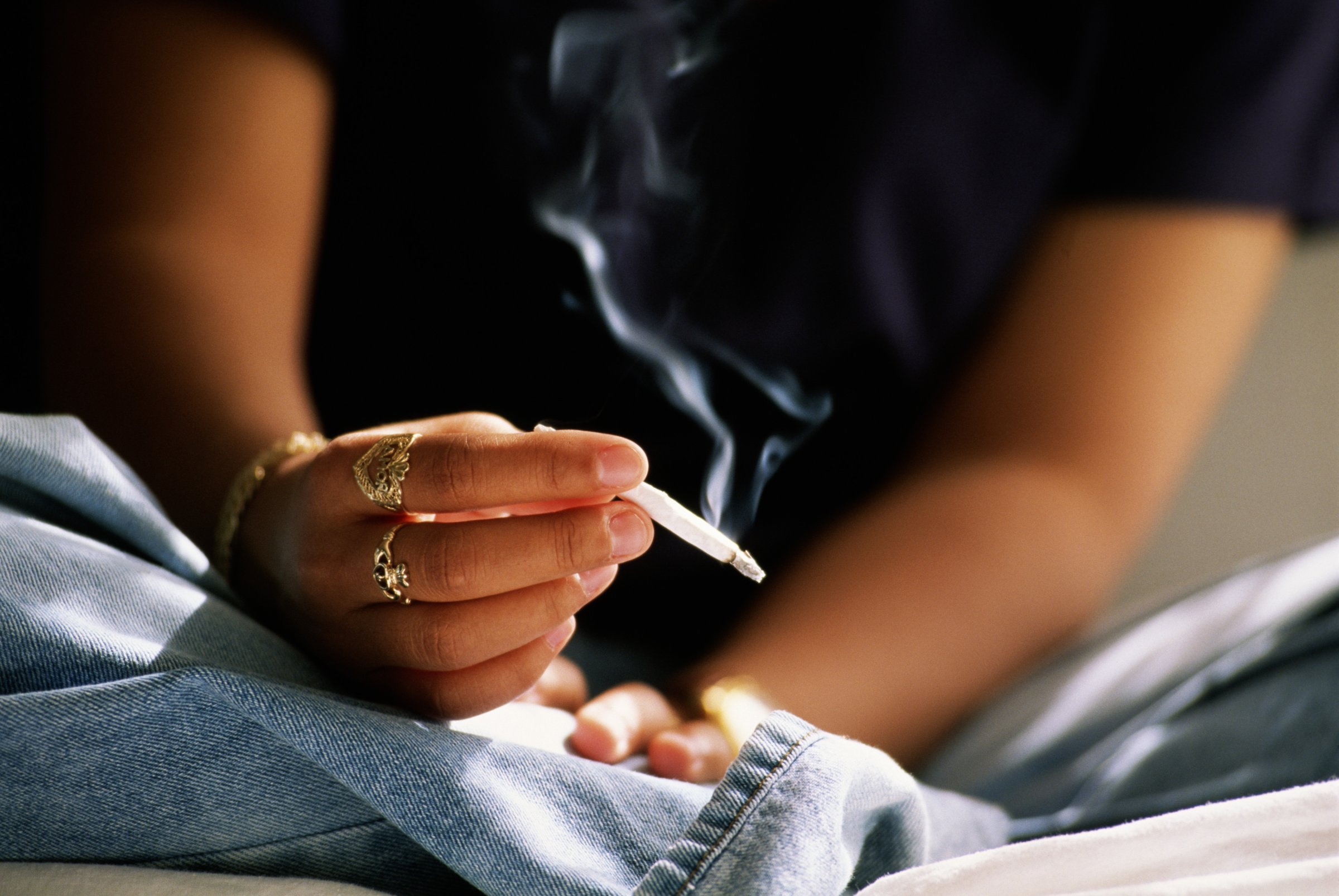
A leading U.S. pediatrics group is recommending against in-school drug testing as a way to prevent young people from experimenting with illegal substances.
The American Academy of Pediatrics (AAP) released a policy statement on Monday saying it opposes randomly drug testing students because there’s not enough evidence to show it’s effective, and because random testing can damage relationships between students and their schools. It’s also a possible infringement on privacy, the group says.
Fifteen years ago, the Supreme Court established the legality for school-based drug testing for students. Proponents of the practice say that random testing at schools deters students from using drugs.
But the AAP says they don’t believe it’s worth the costs to schools. “We want to be really clear about this—this is not pushing schools to the side or saying they have no role,” says report author Dr. Sharon Levy, the director of the Adolescent Substance Abuse Program at Boston Children’s Hospital. “It’s a question of what’s the best way for schools to be involved.”
According to the AAP policy statement, there’s limited evidence to suggest that drug testing programs in schools prevent kids from trying drugs. “We reviewed the studies done to take a look at this question, and while there’s evidence, there are a lot of caveats around that,” says Levy, who adds that many studies rely on self-reports and show inconsistent data.
The tests are imperfect, sometimes showing anxiety-inducing false negatives and false positives, the AAP says. While drug tests should be used to find students who may need intervention, the AAP believes, studies have shown that students are often given severe consequences like suspensions or expulsions that are not followed up by treatment. The tests can also detect substances used by young people for medical reasons, which could result in breaches of their privacy and damage the relationship between schools and their students, the AAP says.
“Random drug testing, particularly on the scale of these drug-testing programs which are typically once or twice a year, is not very likely to pick up sporadic use, which is the majority of use by high school kids,” says Levy. “It depends how important you think it is to pick up sporadic use, but I think it’s very important.”
The researchers also add that drug tests don’t typically pick up on alcohol, which is the illegal substance most commonly used by adolescents and teens.
Levy says that the goal of the new policy statement is not to stop schools from actively seeking out students who are at risk for drug use, but to weigh the best strategies. Instead, the AAP recommends school-based prevention and intervention programs, education, other screening methods like confidential self-reports, counseling and referrals.
Levy says she recognizes that not all experts may agree, but that she and her panel crafted their statement based on the most recent evidence available. She hopes that pediatricians and schools can collaborate to find the most effective ways to help students resist drugs.
More Must-Reads from TIME
- Cybersecurity Experts Are Sounding the Alarm on DOGE
- Meet the 2025 Women of the Year
- The Harsh Truth About Disability Inclusion
- Why Do More Young Adults Have Cancer?
- Colman Domingo Leads With Radical Love
- How to Get Better at Doing Things Alone
- Michelle Zauner Stares Down the Darkness
Contact us at letters@time.com